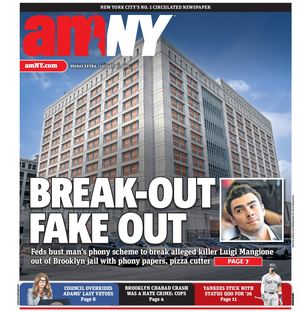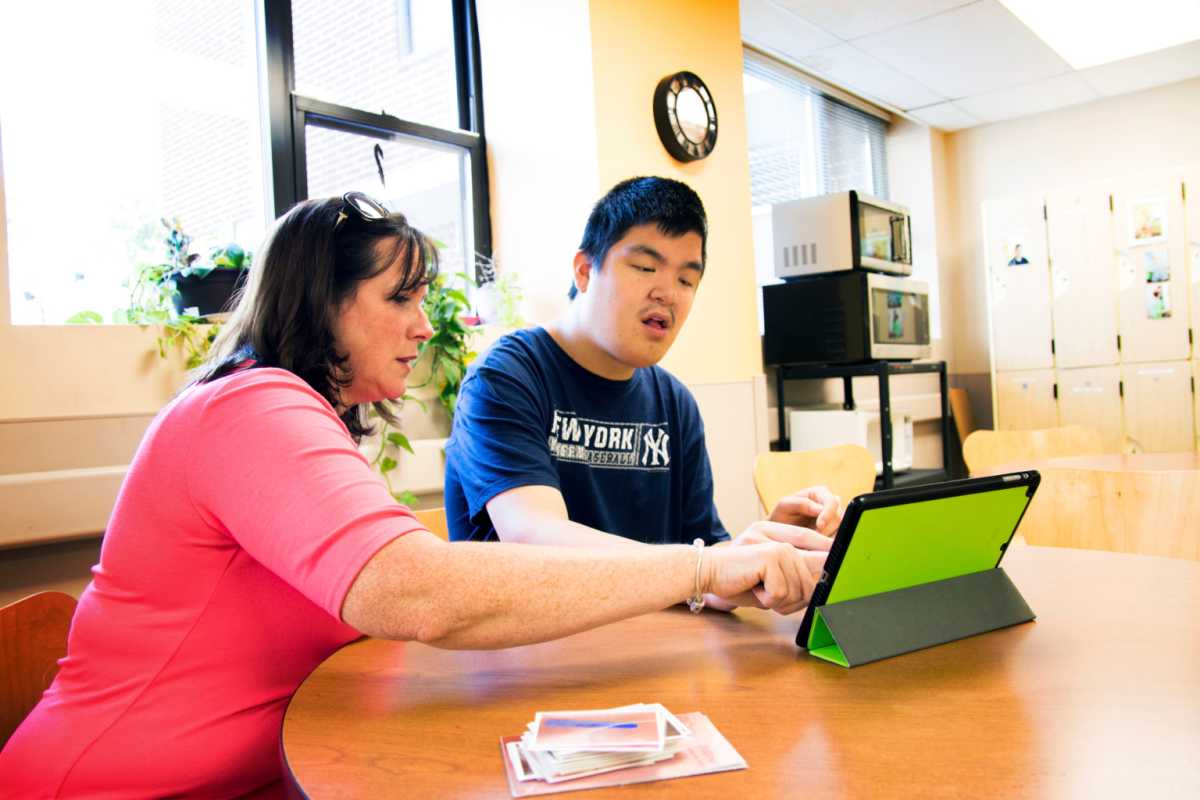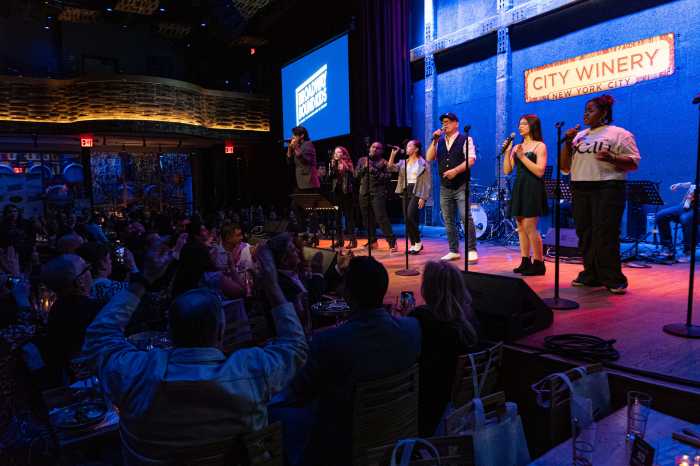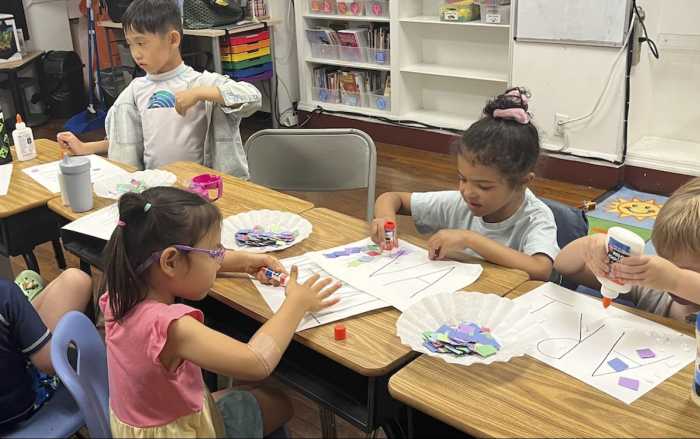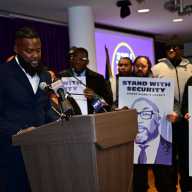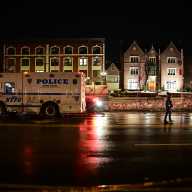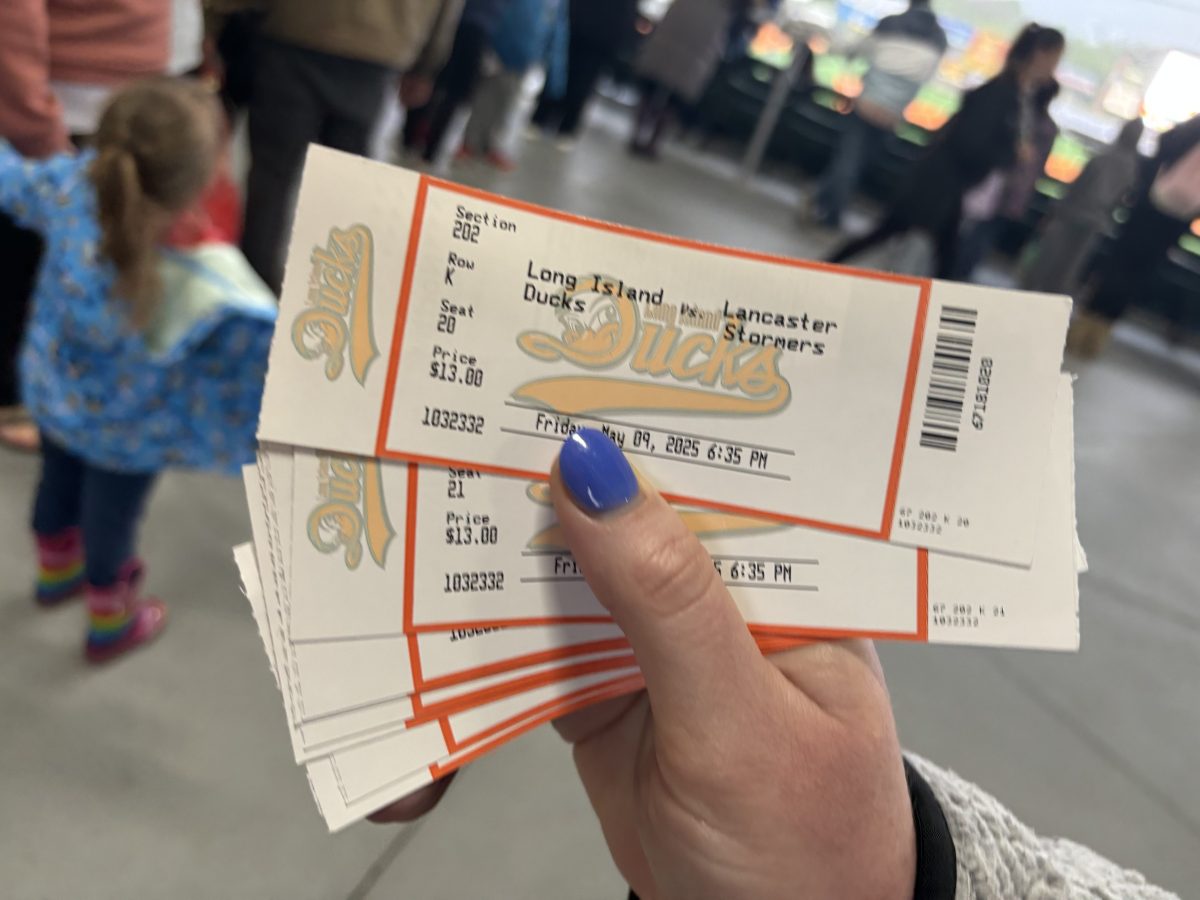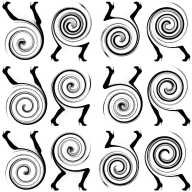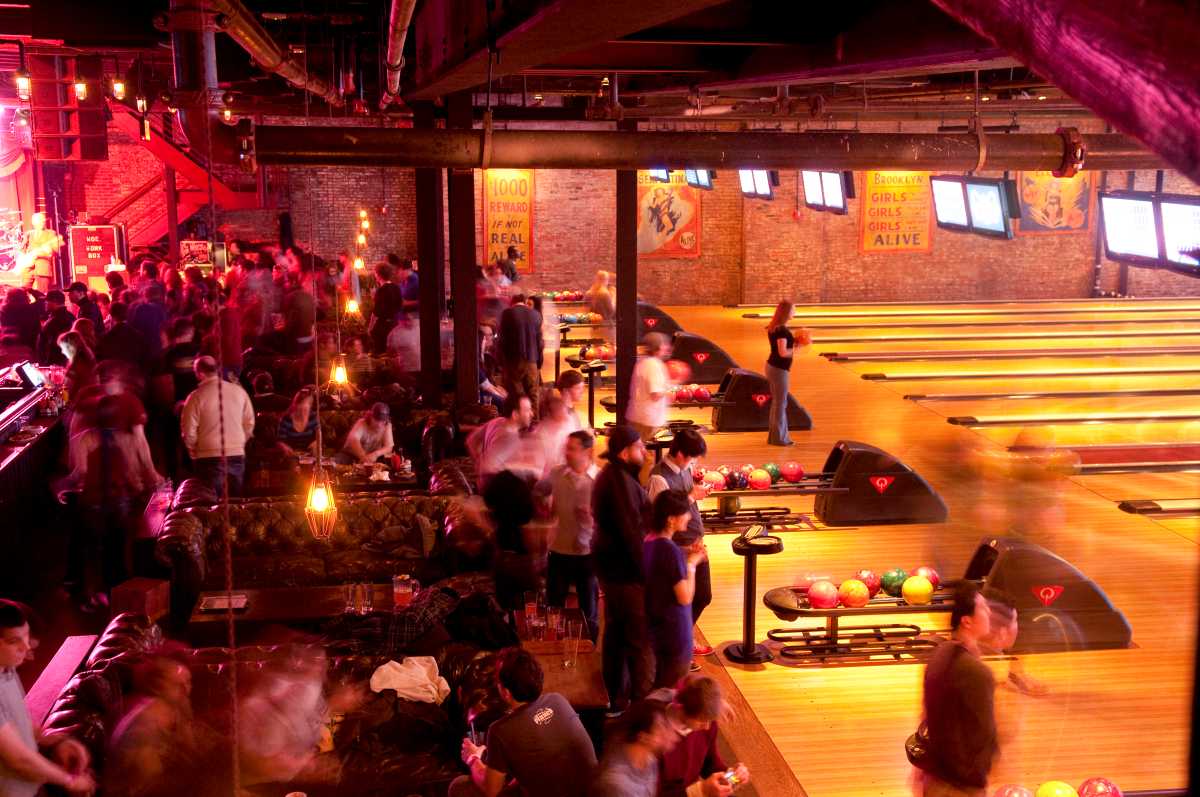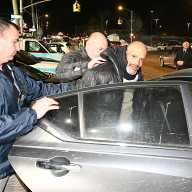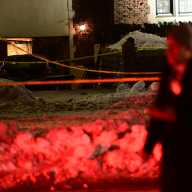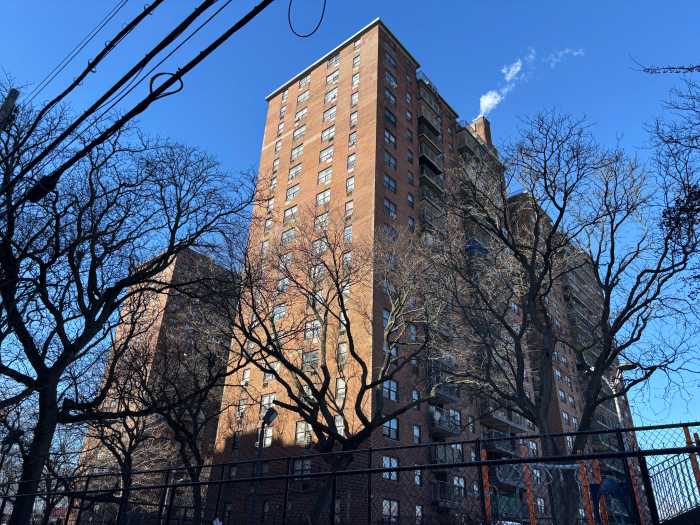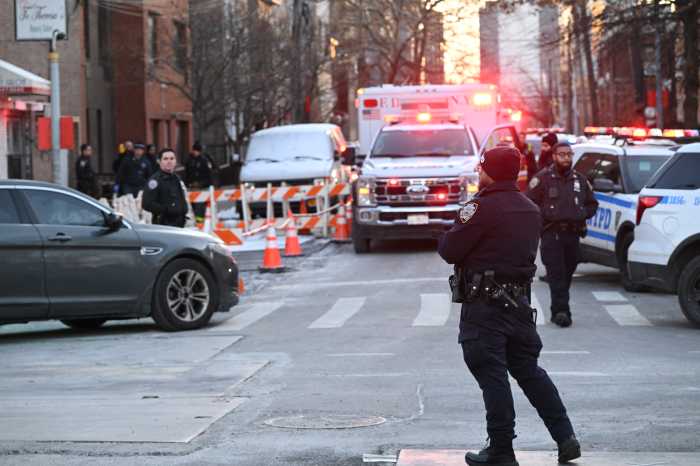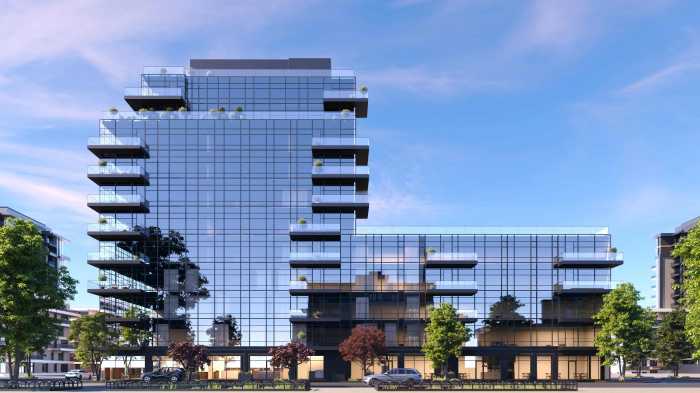BY BEN VERDE
The coronavirus pandemic has brought local hospitals and nursing homes to their tipping point, forcing doctors and nurses to ration essential protective equipment — but another class of caregivers has found themselves on the front lines, and fear their struggle is going unnoticed.
Group homes that house people with developmental disabilities have been hit by the coronavirus just as hard as nursing homes, and have found their small residential houses transformed into around-the-clock medical facilities, officials say.
Adding to the challenges, some residents of the homes have a hard time understanding the gravity of the situation, leading to difficult situations when a resident falls ill and needs to be contained to their room.
“We’re just like a nursing home, we become an incubator. If somebody gets sick it’s like somebody getting sick in your house,” said William Guarinello, CEO of HeartShare Human Services, which operates over 100 sites across Brooklyn, Queens and Staten Island serving children and adults with developmental disabilities. “How do you keep them sequestered if they are an active developmentally disabled individual?”
And for the direct service providers who care for the group home residents, social distancing is nearly impossible, as they continue to perform tasks for residents which they cannot do themselves.
“The nature of the work that our DSPs do with them is hands-on, they have to be up close and personal,” said Joe Riley, CEO of the Guild for Exceptional Children, which operates group homes in Bay Ridge. “Social distancing does not work, it’s direct contact.”
This leads to the virus spreading quickly once it makes its way into a home. HeartShare has lost four residents to the virus, while 18 residents and 17 staff members have tested positive — and that number is increasing daily, a company spokesman said. An additional 35 residents are presumed to have the virus but have not had access to testing. The Guild has lost one resident, while six residents and about a dozen staff members have tested positive, Riley said.
Meanwhile, group home staff, who make less on average than their counterparts in the medical field, continue to clock in every day, now armed with personal protective equipment including N95 masks, face shields, gowns, and rubber gloves. But directors worry that their caretakers may be left out of the swell of appreciation currently surrounding other healthcare workers.
“You hear a lot about first responders,” Riley said. “You don’t really hear a lot about the DSP’s who basically agree to be exposed to the virus for what amounts to minimum wage.”
Staff at the Guild are currently working seven-day shifts, with no one leaving or entering the premises, Riley said.
Years-long Budget Squeeze
To make matters worse, the personal protective equipment that these homes have has come at no small cost. When HeartShare found themselves scrambling with every other service provider in the area to purchase the life-saving materials they needed, they paid $20 per N95 mask and $120 a gallon for hand sanitizer, Guarinello said.
“We paid usurious amounts, I mean criminal amounts,” he told Brooklyn Paper. “But what do you do? What do you tell somebody? ‘I’m not going to pay that?’ We don’t have the money to pay it, but you pay, you find a way.”
The current outbreak comes after years of the state chipping away at the operating budgets of group homes statewide, with $2.6 billion in funding lost over nine years, and additional Medicaid funding delayed for the same amount of time.
“Right before this pandemic hit, all of the agencies were really on a point of destabilization,” Guarinello said. “Some only had 40 days of cash on hand and that’s before the pandemic happened.”
The nonprofit homes have also been deprived of a 16 percent yearly increase in funding for cost-of-living expenses that state-operated homes typically receive, leaving them with shrinking budgets while operating costs such as food and rent increase regularly.
As the pandemic enters its second month, caretakers say they are worried the group home system has been lost in the shuffle, and have called on the state to assure those caring for the developmentally disabled that they have not been forgotten. They’re also hoping for additional funding they need to function as a whole once the virus subsides.
As for everyday people, home operators ask only that they count group home caretakers among the healthcare workers and first responders they applaud every evening.
“If you have a residence on your block, maybe take your neighbors and applaud them,” said Guarinello.
This story first appeared on brooklynpaper.com.
